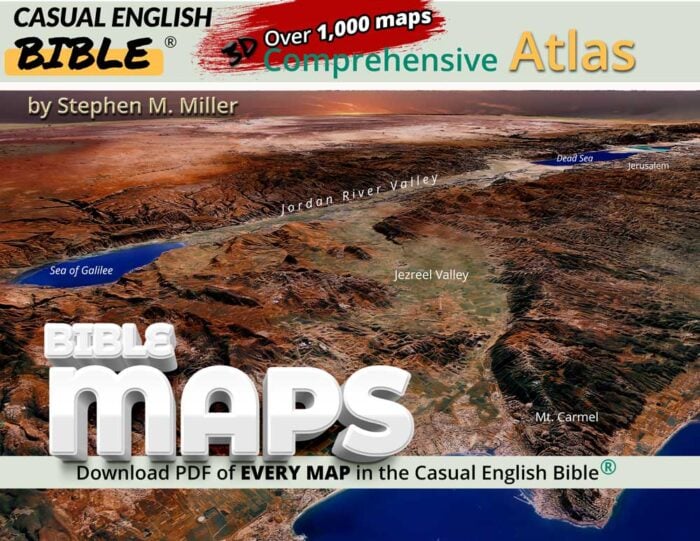
Map Ephraim territory
Bible Book: Judges Type: Maps Location: Aijalon, Benjamin, Beth-horan, Bethel, Bethlehem, Canaan, Ephraim, Geba, Gibeah, Gibeon, Jabesh, Jerusalem, Jordan River, Mount Hermon, Ramah, Shechem, Shiloh Era: Conquering Canaan
Map Ephraim




























